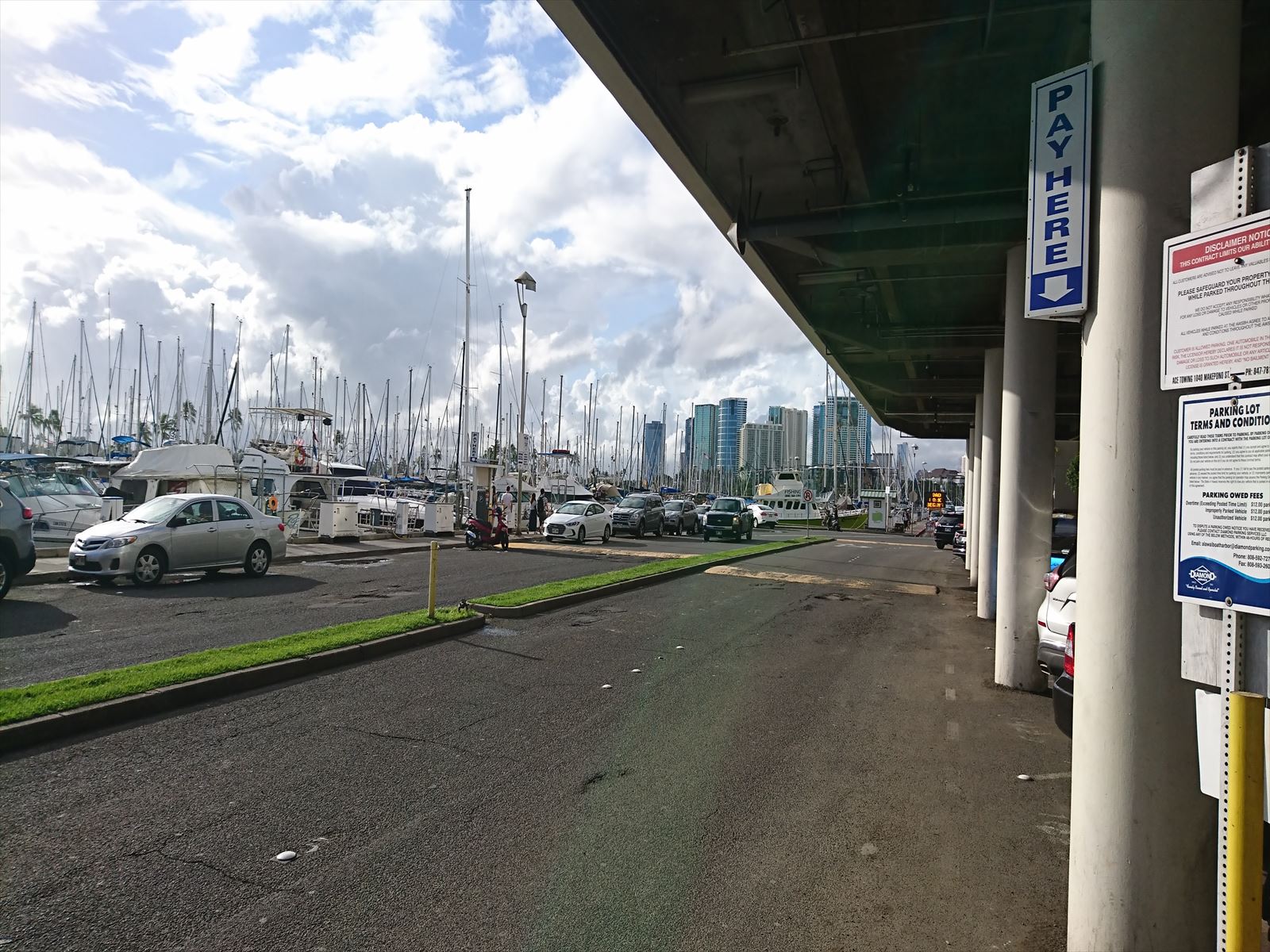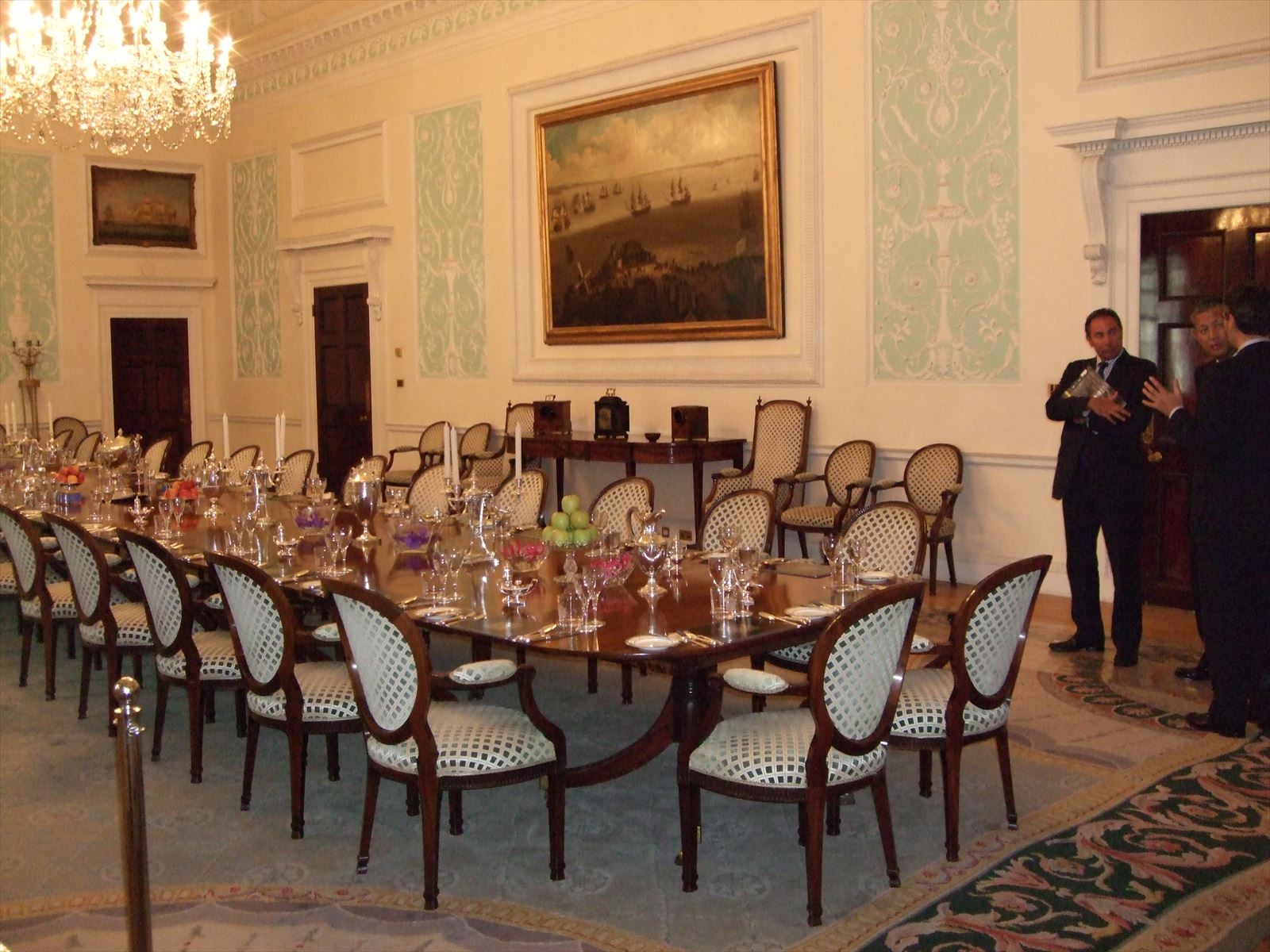キャプティブ 2020.12.25
CA 22 キャプティブの保険料税 Captive Insurance Premium Tax
目次
For those who prefer to read this column in English, the Japanese text is followed by a British English translation, so please scroll down to the bottom of the Japanese text.
米国が、アメリカ「合衆国」ではなく、英語原文名をそのまま翻訳したアメリカ「合州国」であることを世界に改めて発信するようなニュース、しかもキャプティブに関してのニュースが飛び込んできた。バーモント州に本社を持つキャプティブに対して、ワシントン州の保険監督当局が、「ワシントン州内で事業認可が無い」という理由で、「無認可保険会社から保険を購入した」とキャプティブの親会社に「保険料税」と「罰金」の支払い命令を出し、州内での事業活動中止の通達を出したのである。
1.スターバックスのキャプティブ
2020年1月、シアトルに本社を置く世界的なコーヒー・チェーン、「スターバックス」(Starbucks Corporation)が、バーモント州に設立したキャプティブ、「オリンピック新種保険会社(Olympic Casualty Insurance Company)」、そしてもう一社、アラスカ航空によって設立されたキャプティブ、これらの2社に対して、米国ワシントン州の保険当局は、キャプティブに対して「高額な保険料税の支払い命令」と「ワシントン州内でのキャプティブに関連する事業活動を停止する通達を出した」との発表があった。
これらのキャプティブは、日本企業が海外で設立する「再保険キャプティブ(日本の元受保険会社から再保険を受ける)」と異なり、「元受保険キャプティブ(再保険を引受けるキャプティブではなく、通常の損害保険会社と同様に「元受保険」を引受ける)」として事業活動を行なっているものである。ワシントン州保険監督局(OIC)は、そのニュースリリースに於いて、「(上記2つの)キャプティブは、ワシントン州法のもとでは認可されていない保険会社であり、企業は、ワシントン州保険監督局(OIC)から認可を受けた保険会社から保険を購入しなければならないため、購入した保険には2%のプレミアム税が課せられる」と発表した。
ワシントン州保険監督局(OIC)のその後のニュースリリースによると、「2019年12月、OICはスターバックスのキャプティブ、『オリンピック新種保険会社』に対して、保険料税、その延滞利子として2280万ドル(約25億円)、そして110万ドル(1億2千万円)の罰金を支払うよう命じた」となっている。
これに対して、スターバックスは、「OICには、キャプティブを規制する権限も、正当な理由もなく、キャプティブの本社が所在するバーモント州だけが、オリンピック新種保険会社に対しては、規制・課税権限を有している保険監督当局である」と主張している。
皮肉なことであるが、今年2020年、ワシントン州は「キャプティブの設立地(ドミサイル)になる法律を施行する予定」であり、この法律の成立過程のなかで、ワシントン州を代表する世界的な企業、スターバックスのキャプティブ、オリンピック新種保険会社の存在と州法との点に関して焦点を当てられたといわれている。
2.キャプティブの設立地(ドミサイル)の重要性
ワシントン州でのキャプティブを巡る、保険管理監督局との税務紛争からも、本コラム内「CA (キャプティブ) 2―グローバル・リンクの事業」に記した、「ハワイキャプティブ保険協会(HCIC)がまとめた、『日本企業がキャプティブのドミサイルとしてハワイを選択する理由トップ10』」が示唆する点の重要性を改めて感じざるを得ない。
なかでも、「②ハワイ州保険局とキャプティブオーナーとの間に、協力的で迅速な対応が可能な関係が既に築かれている。」という項目である。我々が訪問した際の感想であるが、「他のドミサイルの保険監督局とハワイ州の保険局を訪ねたとき、他と『これほど違うのか』という印象を受けた。『監督機構』であるが、保険局長(保険庁長官)以下、全職員から強く感じたのは『ビジネスパートナー』として、『より良いキャプティブ』をつくっていこうという姿勢であった。」と記したポイントである。
キャプティブは、一般的には、小規模な「保険会社」である。日本企業にとっては、「保険業法の定め」により、そのキャプティブは、日本の元受保険会社からの再保険を受ける、小規模な「再保険会社」である場合がほとんどである。「保険会社」であるから、「保険会社を設立する際に必要とされる要件整備、準備、手配」がその設立には必要になるが、キャプティブは、その親会社・親会社の企業グループのリスクを引受けることが事業目的であるため、設立基準、その後の運営管理基準もそれに合わせたものとなっている。

一般の保険会社とは、この点が大きく異なっており、このためキャプティブを「保険会社」として管理監督をする設立地(ドミサイル)の保険管理当局も、「キャプティブの管理監督をおこなう専門部署」がそこに存在するか、それとも「一般の保険会社の管理監督をおこなう部署がキャプティブの管理監督をおこなうのか」、この如何によって、その後のキャプティブ事業の伸展は大きな影響を受けることが考えられるものである。
グローバル・リンクが、キャプティブの設立地(ドミサイル)としてハワイを推奨している理由も、単にハワイが歴史的に日本との関わりが深く、日本企業にとっても馴染みやすい土地柄であるという理由だけではなく、「キャプティブ専門の管理監督部署」が存在する点他、キャプティブの安定的な成長に欠かすことが出来ない基盤がハワイ州には存在するからである。
ワシントン州で今年施行される予定のキャプティブ保険法を、ハワイ州は制定して既に30年以上の歴史ある州である。ハワイ州には、現在、230を超えるキャプティブが存在しており、保険料規模では、全米第二位の州である。これらの点からも、「キャプティブの運営、管理」等で、経なければならない様々な課題やその対応策、対処方法は、保険管理監督当局、銀行、弁護士事務所、会計事務所、キャプティブマネジメント会社などが、豊富に有している点からも、不測の事態を招く可能性が非常に少ない、事業が安定して営める設立地(ドミサイル)であると考えている
今回のまとめ
キャプティブを設立する場所は非常に重要である。一般の保険会社と同様、その本社が所在する国、州の法的規制をキャプティブは当然受けるからである。
特に日本企業の場合、会計制度や慣習等も含めて日本企業に関する知識とデータを豊富に有しているかどうかで、設立後の運営管理がスムーズに進むか否かが決まっていくものである。
その点、ハワイ州の保険管理監督当局は、「一般の保険会社」と「キャプティブ」、それぞれ別個に存在している他、キャプティブの設立、運営管理のインフラストラクチャは、非常に充実していること、また米国と日本の親密度から、「カントリーリスクが非常に低いこと」や「日米租税条約が締結されていること」等の点から、グローバル・リンクとしては、「米国ハワイ州は、日本企業にとってはベストなキャプティブの設立地(ドミサイル)である」と考えている。
執筆・翻訳者:羽谷 信一郎
English Translation
Captive 22 – Captive Insurance Premium Tax
The news that the United States is not ”the United Crowd people of America”, as the Japanese read it, but the United States of America, which is a translation of the original English name, came in regards to a captive.
The Washington state Office of the Insurance Commissioner (OIC) ordered the parent company of a Vermont-based captive to pay “premium tax” and “fines” for “purchasing insurance from an unlicensed insurance company” on the grounds that the captive “does not have a license to do business in Washington state,” and issued a notice to cease business activities in the state.
1. The Starbucks Captive.
Starbucks Corporation, a global coffee chain headquartered in Seattle, has established a captive in Vermont, the Olympic Casualty Insurance Company, and another company, a captive established by Alaska Airlines. In January 2020, OIC announced that those “captives have been ordered to pay high premium taxes” and “notified that they have been ordered to cease their captive related business activities in the state of Washington”.
These captives operate as “primary insurance captives” (i.e., they are not reinsurance captives that underwrite reinsurance, but rather they underwrite “primary insurance” in the same manner as a normal property and casualty insurance company), unlike “reinsurance captives” (i.e., they receive reinsurance from a Japanese primary insurer) that Japanese companies establish overseas. In its news release, OIC said, “Because (the two above-mentioned) captives are not licensed insurers under Washington state law and companies must purchase insurance from an OIC-licensed insurer, they are required to pay 2% of the cost of the purchased insurance. Premium tax will be imposed.”
According to a subsequent news release from OIC, “In December 2019, the OIC ordered the Starbucks captive, ‘Olympic New Class Insurance Company,’ to pay $22.8 million in premium taxes, $2.5 million in interest on its delinquent premiums, and $1.1 million in fines.”
In response, Starbucks argues that “the OIC has no authority or justification to regulate the captive, and the state of Vermont, where the captive’s headquarters are located, is the only insurance regulator with regulatory and taxing authority over the Olympic New Class insurers.”
Ironically, this year, 2020, Washington State is “scheduled to enact a law that will make it the founding place (domicile) of a captive,” and in the process of passing the law, the focus is said to have been on Washington State’s leading global company, the Starbucks captive, and the Olympic New Breed Insurance Company with respect to the state law.
2. The importance of the location of the captive’s establishment (domicile)
The tax dispute with OIC over captives in Washington State also reminds us of the importance of the points suggested by the Hawaii Captive Insurance Council (HCIC)’s “Top 10 Reasons Why Japanese Companies Choose Hawaii as a Captive Domicile” as noted in “Captive 2 – Global Link’s Business” in this column.
Among other things, “(2) A cooperative and expeditious relationship has already been established between the Hawaii Department of Insurance and the captive owner.This is what the following item indicates. As we noted in our visit, “When we visited the Hawaii Department of Insurance, we were struck by the impressions we had from visiting other domiciles’ insurance oversight offices and the Hawaii Department of Insurance, ‘how different it is.’ Oversight Structure,’ but the strongest impression I got from the Director of the Insurance Bureau (Commissioner of Insurance) and the entire staff was that they were ‘business partners’ and committed to creating a ‘better captive.’ ”These are the points noted.
Captives are generally small “insurance companies”. For Japanese companies, under the “provisions of the Insurance Business Act,” the captive is most often a small “reinsurance company” that receives reinsurance from a Japanese primary insurance company.Because it is an “insurance company,” its formation requires “the development of the requirements, preparation and arrangements necessary to establish an insurance company,” but since the business purpose of the captive is to underwrite the risks of its parent company/parent group of companies, the criteria for incorporation and subsequent operational management of the captive are in line with that.
This is a significant difference from general insurance companies, and therefore, the insurance regulator at the domicile, which manages and supervises the captive as an “insurance company,” will have a significant impact on the subsequent growth of the captive business depending on whether there is a “specialized department that manages and supervises the captive” or ”whether the captive is managed and supervised by a department that manages and supervises general insurance companies.”
The reason why Global Link recommends Hawaii as a place to establish a captive (a domicile) is not only because Hawaii has historically had a close relationship with Japan and is an easy place for Japanese companies to get used to, but also because Hawaii has a specialized management and supervision department for captives and other factors that are indispensable for the stable growth of captives in the state.
Hawaii is the first state to enact a captive insurance law, which will take effect in Washington State this year, and has a long history of over 30 years. Hawaii currently has more than 230 captives and is the second-largest state in the nation in terms of premium size.
In light of these points, the various issues that must be gone through in the “operation and management of captives” and other matters, and how to deal with them, insurance management regulators, banks, law firms, accounting firms, captive management companies, and others have an abundance of them, which can cause unforeseen problems. We believe that it is a very rare place (domicile) where business can be stable and operated.
Summary of this issue
The location in which a captive is established is very important. As with other insurance companies, the location of the captive is naturally subject to the legal regulations of the country and state in which it is headquartered.
Especially in the case of Japanese companies, whether or not the captive will be able to manage its operations smoothly depends on its knowledge of the accounting system, customs and other aspects of Japanese companies.
In this regard, the State of Hawaii’s insurance management and supervisory authority is separate for “general insurance companies” and “captives,” and the infrastructure for establishing and managing the operations of captives is very substantial, as well as the “very low country risk” due to the density of closeness between the United States and Japan, and the “U.S.-Japan tax treaty” is in place.
In these respects,Global Link believes that “The State of Hawaii, USA is the best captive establishment (domicile) for Japanese companies”.
Author/translator: Shinichiro Hatani

